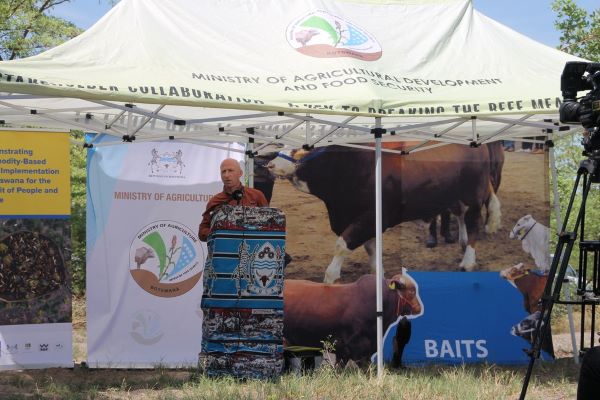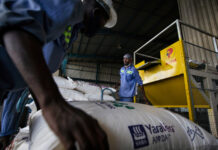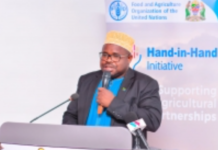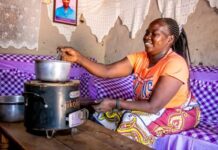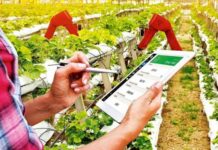Authorities in Botswana have established an electrified livestock enclosure, the first-of-its-kind in the world to be approved for allowing cattle to graze remotely, and receive the same health certification as commercial operations outside of the wildlife areas.
The pilot project is in Eretsha, a small village in Botswana.
The rural villagers and their livestock in the area like most communities in the southern Africa nation face serious threats from wildlife, especially lions, which they view as predators.
The farmers were also disadvantaged when they wanted to sell their livestock where they ended up selling their herd only for a fraction of the selling price as the local cattle may mingle with Cape buffalo, which carries the Foot and Mouth Disease (FMD). Botswana also has the largest herd of elephants in the world.
“But what if we created a series of incentives that benefit people and reduce lion conflict? Thus far, we have established the first communal herding programme in Botswana where participants have seen a dramatic reduction in losses to predators,” Communities Living Among Wildlife Sustainably – CLAWS Conservancy, a local non-governmental programme, that launched the programme, said.
“Their cattle receive vaccinations and treatments for illnesses that ravage those unattended cattle outside of our programme. If villagers want to sell their cattle for a better price they must pay to transport them to quarantine far away, pay for fodder for the quarantine period (30 days) and personal housing that cuts significantly into their selling profits.
“Our quarantine enclosure cuts significant costs for the farmer and the environment. Further, it supports rangeland grazing which is healthier for the cattle and can stimulate rangeland restoration through planned grazing,” CLAWS Conservancy said.
It said in addition, farmers that are part of the communal herding programme, and adhere to Herding 4 Health principles, can sell their cattle for double the current value – creating the best incentive.
CLAWS Conservancy has also partnered with the Botswana Meat Commission, the tourism sector as part of Commodity Based Trade, the beef can be sold on the international markets.
“Herded cattle are better protected and healthy; lions catch fewer cattle and, therefore, are less of a threat to farmers and the farmers get double the return on their cattle. With new, complementary innovations and market access, the traditional practices of herding can lead us to a new time of prosperous communities and thriving wildlife.
“We as a country should return to our cultural practices of herding our animals,” Molebatsi S. Molebatsi, Botswana’s assistant agriculture minister.
For the success of the project, CLAWS Conservancy is also partnering with the European Union, Peace Parks and other government departments.



